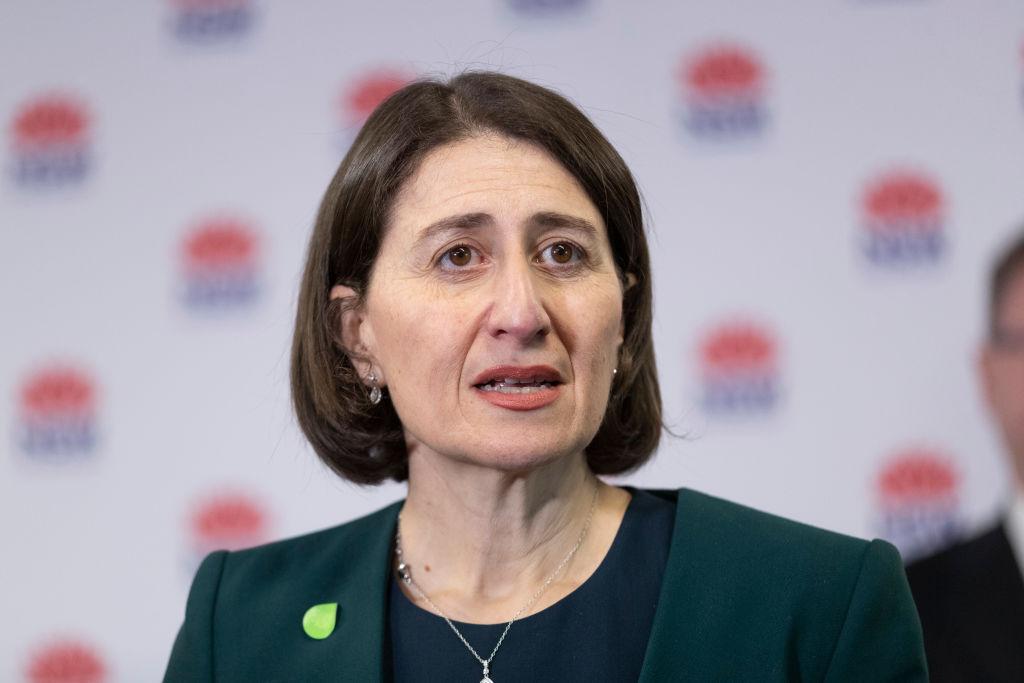The risk to NSW and Australia of mutated and especially contagious COVID-19 strains will not go away, NSW Premier Gladys Berejiklian said.
NSW Premier Gladys Berejiklian says Australians should assume mutated COVID-19 variants emanating from the United Kingdom and South Africa will become the world’s dominant strains due to their contagiousness.





